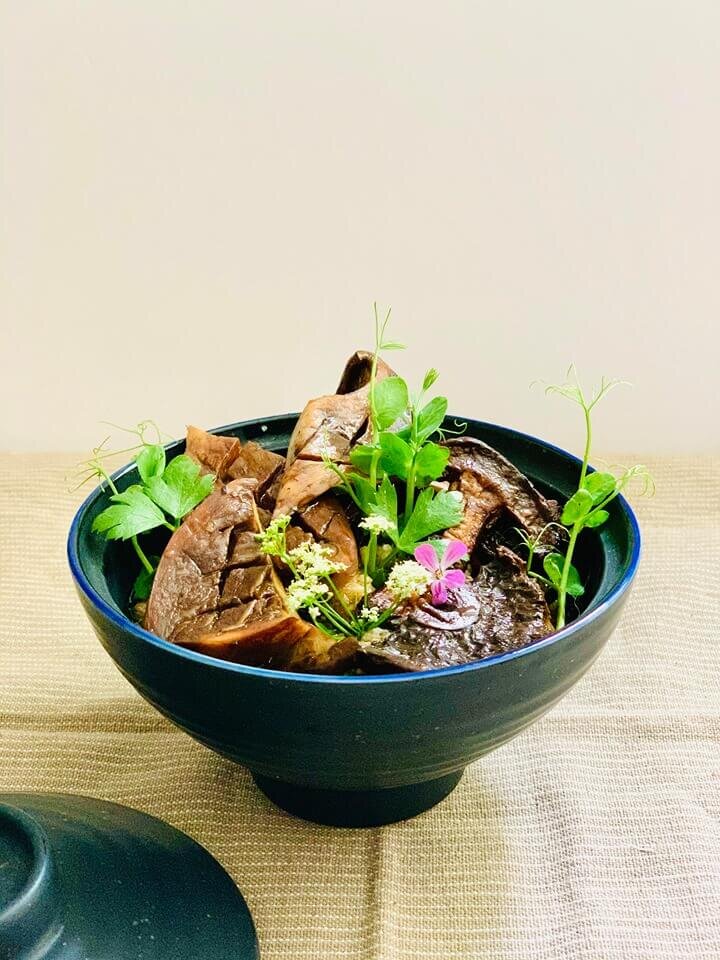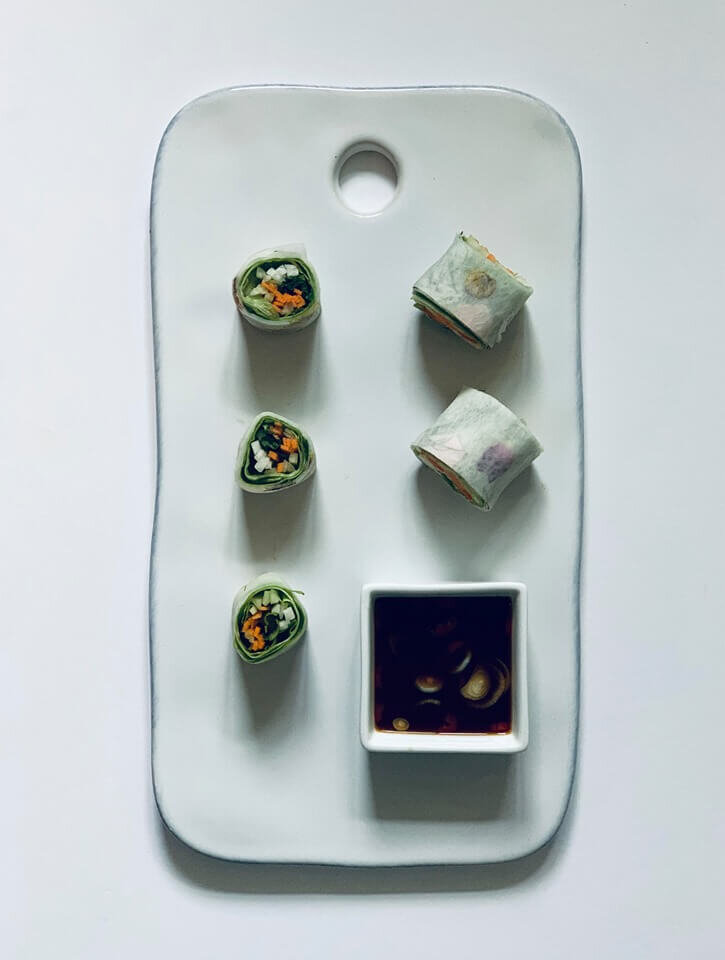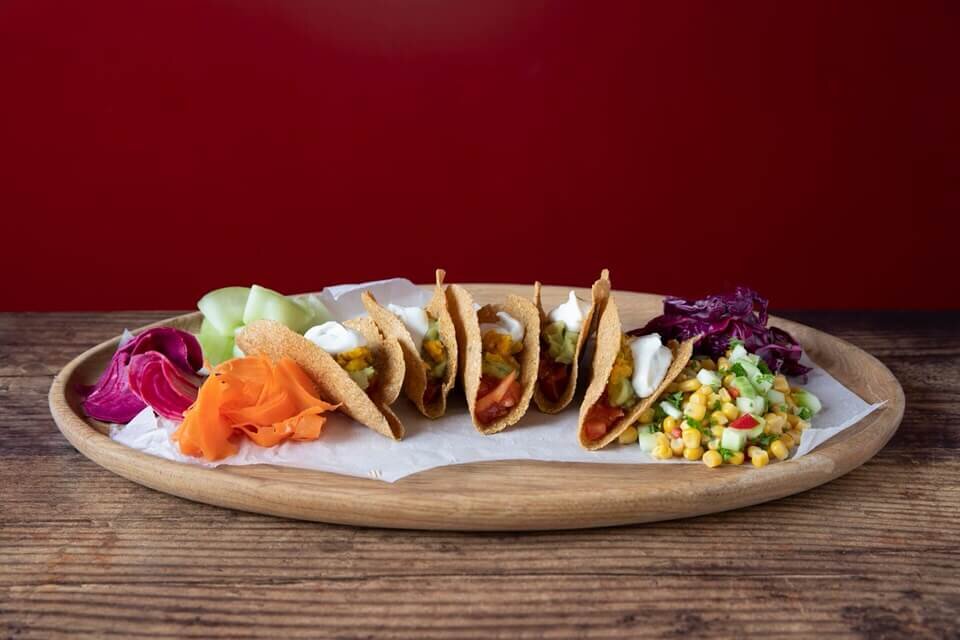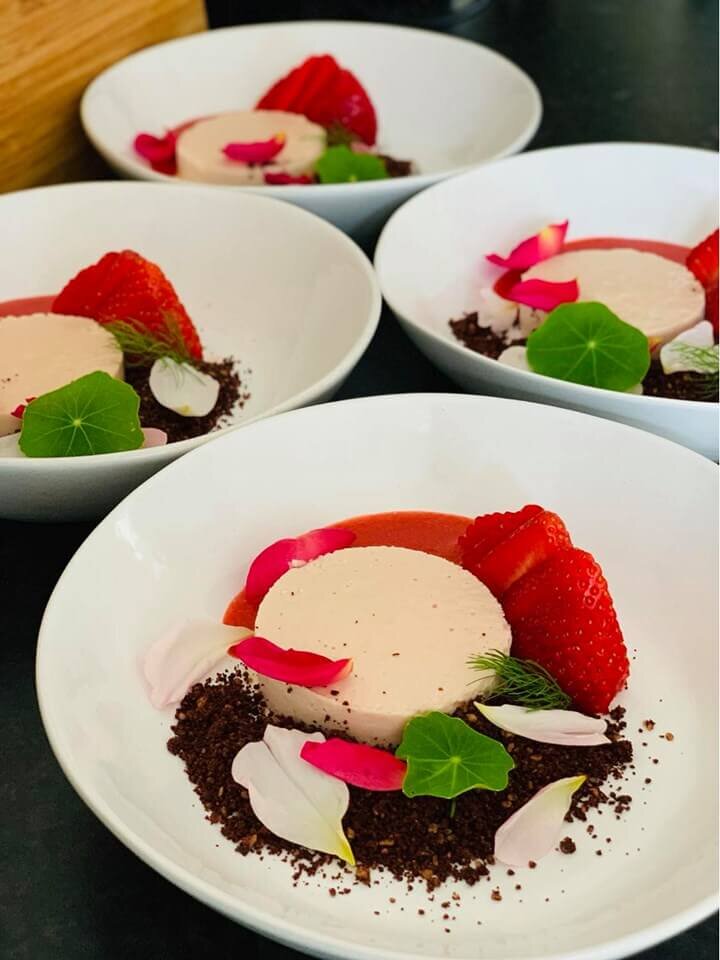The trouble is that many foods we have grown to enjoy or habitually form
part of the Western diet are acid-forming in the body.
Take a typical day on the Western diet ...
Breakfast might be coffee, toast or cereal, perhaps egg and bacon, or boiled egg and toast.
For elevenses we might have a mid-morning snack of tea and biscuits or even a piece of cake.
Lunch might be an on-the-go ‘meal deal’ - a sandwich, packet of crisps and a fizzy drink.
Evening meal might be a bowl of pasta, curry, spaghetti Bolognese or takeaway with a glass of wine
Pepper the day with a chocolate bar or two, candies and refined sugar snacks and maybe some fizzy or caffeinated drinks....
and there we have it - a typical acid-forming diet that will lead us reaching for the antacid tablets.
Add to this some late nights, deadlines, irregular meals, boozy nights, and a stressful job, or the sadly unavoidable - bereavements and breakups and other stressful life events - and we soon become drained, undernourished, out of balance and acidic...and we don't feel very well.
So then what happens?
We may grab a bag of chips, or a bottle of wine , or a piece of cake. Who am I kidding...a whole cake!! Just to help us feel better and take the edge off. And whilst it might give us a moments pleasure or escape, it never makes us feel better in the long term. It doesn’t cultivate the soil.
Then we might have poor sleep - so we have a glass of wine just to knock ourselves out. Or a milky drink with a cookie.
And we carry on hoping to feel better...and we never do.
It becomes an endless cycle.
And so it begins.
Too much acid in the body can lead to us feeling that we are ageing prematurely, lacking in energy, feeling overweight, lifeless eyes and dull complexion. It can lead to IBS or constipation, gas and bloating. It can lead to frequent illnesses due to a weakened immune system and inflammation. Any illness with ‘itis’ at the end is a disease that is characterised by inflammation and there are a lot of 'itises.'
The pH Scale
The pH scale measures acidity and alkalinity.
It ranges from pH1 - pH14. Anything acidic is at the lower end from pH1-6.9, pH7 is neutral and alkaline is measured above pH7.
If we keep ourselves in pH balance – ideally slightly alkaline (around pH7.36), then this will lead us to optimum health.
Acid-forming foods
include meat, fish and dairy, bread, refined oils, caffeine and alcohol and refined sugar foods such as cakes and biscuits. There are often hidden sugars in many of the processed foods we buy which are all acid-forming.
Alkaline forming foods
include sprouted seeds, leafy greens, vegetables and herbs, some ripe fruits, some nuts and seeds, some grains such as buckwheat and quinoa and unrefined oils. However, some of these foods become acidic when they are exposed to heat.
Hence many people turn to a plant-based raw food lifestyle to increase their alkalinity so they can age well and to improve their sense of wellbeing.
Eating more delicious alkaline-forming plant-based raw foods without feeling that you are missing out on the foods you enjoy, is the underpinning reason for being of Deliciously Raw.
What’s all this talk about enzymes?
To function properly, our bodies need two broad types of enzymes; digestive and metabolic.
In our lifetime, our bodies only produce a finite number of enzymes. As we age, our supplies of natural enzymes decrease and ageing can make our enzyme production slow down.
Enzymes can be provided either through the food we eat or made by our own bodies.
Digestive enzymes help us digest our food and break down protein, fats and carbohydrates so we can absorb the macro and micronutrients in food.
But our bodies prioritise making digestive enzymes over metabolic enzymes. But metabolic enzymes are equally important because….
Metabolic enzymes are responsible for making our bodies function properly; making sure oxygen is transmitted to our organs and cells, tissue repair, purifying our blood and removing toxins. Metabolic enzymes are only made by our bodies - and cannot be obtained from any other source - so as we use up our metabolic enzymes, they cannot be replenished, unlike digestive enzymes.
Digestive enzymes can be supported through the food we eat - and yes, you've guessed it - raw plant-based food is rich in enzymes as well as being alkaline-forming. Double win. So, the more enzyme rich food we eat, the less digestive enzymes we need to produce so our bodies can focus on producing metabolic enzymes.
In fact, cooking plant-based food not only can contribute to it being more acid-forming but it can also kill vital enzymes that we need for our bodies to function well.
Hence raw food is food prepared under 42 degrees C, or 105 degrees F, which is the point that enzymes start to die off.
If we eat a diet rich in raw, fresh and fermented foods, we are loading our bodies with good digestive enzymes which allows us to focus on producing metabolic enzymes that help our bodies function properly so we can age well.
What’s the big trend with fermented foods?
Fermented foods are extremely important for our health too and can feature heavily in a raw food diet.
Fermented foods contain the good guys called probiotics – microorganisms, bacteria, microbes and yeasts – that when consumed live in your intestines, or gut.
If you think of your gut as a field of wildflowers, the lining of your intestines is the soil with lots of beneficial plants (microbes). The better the soil is, the more likely that you have good microbes. But if the soil becomes contaminated, then it leaves your delicately balanced wildflowers open to rampant weeds and harmful plants. Think of these harmful weeds as capable of producing viruses, fungus, toxins and pathogens – all capable of taking over the field and spreading disease.
Many researchers think that there are links between the gut, often referred to as ‘the second brain’ (Gershon, M.D. (1998). The Second Brain., Harper Collins, New York, N.Y), suggesting that disease and ill health is based in digestive health. Stress can also impact on our digestion and if we eat when stressed our gut will not absorb food properly (as stress signals that we are doing something other than eating). So, our food isn't digested and we don't get the nutrition we need.
The right balance of foods will help to replenish you and by strengthening the good bacteria in the gut, helps to improve overall health. Healthy gut flora strengthens digestion, builds a stronger, more robust immune system, assists in detoxifying the colon, promoting elimination and can help to control sugar cravings.
Understanding the 'why?' of raw food is important. Once you understand the why, you may wish to learn skills and techniques - just like in cooking - so you can celebrate what is possible with raw food to enable you to write your own raw food story.
IMPORTANT - This is not intended nor implied to be a substitute for professional medical advice. You should always consult your healthcare provider to determine the appropriateness of this information for your own situation or if you have any questions regarding a medical condition or treatment plan.



























Highly adaptable, this tofu mince is the Swiss army knife of recipes for versatility. Once you make this, you’ll never buy a bag of processed soya mince again. It’s hearty and healthier than pre-bought soya mince to add into uncooked dishes.